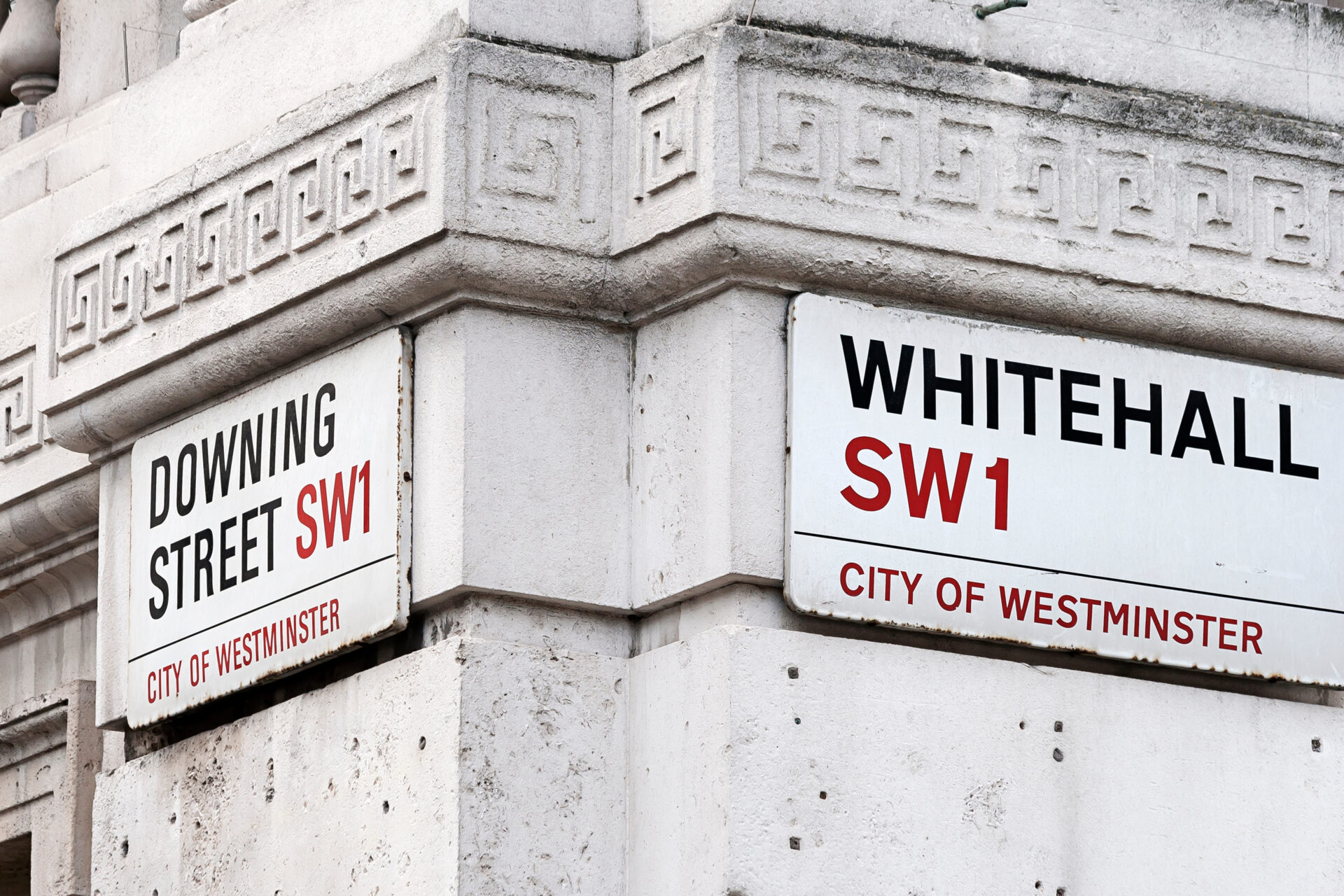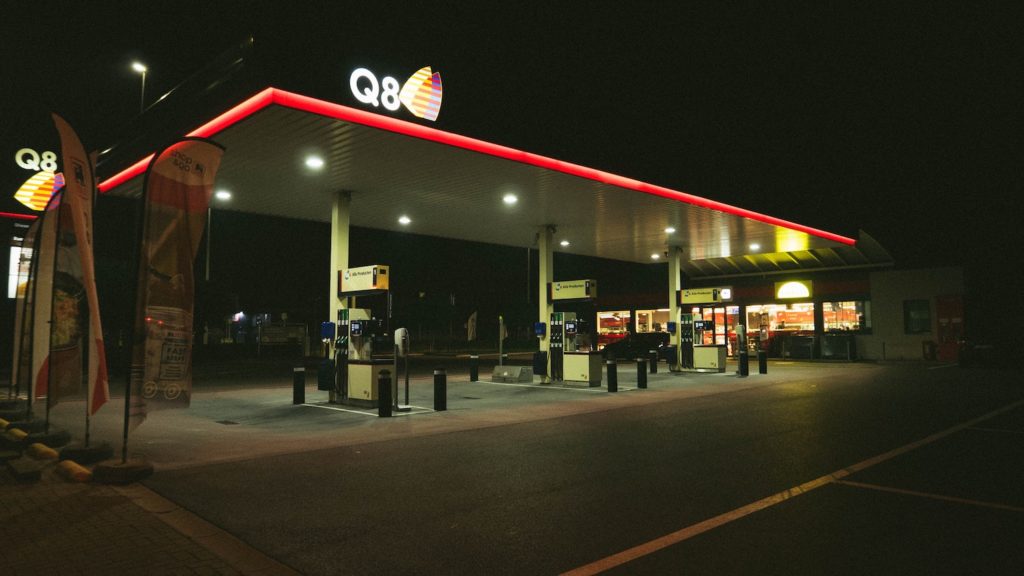Also, learn more about the universal fuel card for companies and professionals. Valid for all distributors, including methane, LPG and electric car charging points. Get one.
The importance of fuel prices
Fuel costs in the UK is a hot topic, particularly at the moment. Average costs of fuel are exceptionally high, and consumers are feeling the pressure. If you’re a business owner with a fleet of vehicles, then this subject will be particularly important to you. Petrol and diesel prices can affect your business’ bottom line, and unfortunately there’s little control you have over this.
How Soldo can help: Learn how Soldo fuel cards make fuel related expenses easy to manage.
In this article, we’ll look into the state of fuel costs at the moment, and what the causes of the price hike are. We’ll also explore similar sharp changes in fuel cost over the past few years in order to get a complete picture of the UK’s fuel situation.
Knowing the national picture of both wholesale prices and pump prices can help you see where your business may be losing more money to fuel, and make plans to counteract this.
Related Content: If you run a business, learn how to make the most of petrol stations near you.
Fuel costs in 2020
Unlike the other periods we’ll cover here, March 2020 saw a sharp reduction in the price of petrol and diesel. This, unsurprisingly, was largely due to the UK entering lockdown on the 23rd. Because of the “stay home” messaging, increase in home-working, and ban on unnecessary travel, demand was not there to meet the supply. And this was a plentiful supply.
As a result, there was roughly a 60% decrease in forecourt sales compared to the previous 8 weeks. Crude oil went from $50 at the start of the month, to $18 by the end, and the cost of petrol and diesel fell. Pump prices kept falling, with petrol hitting a low of 106.77 pence per litre and diesel hitting a low of 111.76 pence per litre in late May. The average cost then began rising again at the start of June.
Fuel costs in 2021
Another recent hike in fuel prices was the notorious couple of weeks in late 2021 that saw long queues at forecourts across the country. This crisis was so significant, it has its own Wikipedia page. Whilst the situation in March 2022 is founded on genuine political and supply issues, this particular event was largely due to panic buying.
An investigation by iNews found that, although there had been a slight drop in forecourt fuel stocks, the snowballing effect of consumers racing to petrol stations to fill up is what really drove supply down significantly.
This effect was exacerbated by a shortage of HGV drivers, meaning that a strained supply chain couldn’t keep up with increased demand. During this period there was a marked increase in petrol and diesel prices, peaking in November.
Fuel costs in 2022
As you’ll no doubt have noticed, the price of fuel at the moment is high. This has been widely reported, along with the fact that the ongoing Russian invasion of Ukraine is a cause of this price hike. But the story is bigger than that.
Diesel stores in Europe are at their lowest level since 2008, and both the production and import of crude oil to Europe has reached new lows in the past couple of years. This lack of reserves has itself contributed to the high price-point at the pumps.
Of course, this has been compacted by Russia’s invasion and the ensuing sanctions imposed by governments across the globe. The fallout from these events is that pump prices for both petrol and diesel have reached record highs this month, putting real strain on drivers. And although oil price has fallen, dropping below $100 for the first time in a fortnight, the cost of fuel is still rising.
The figures change frequently, but at the time of writing, RAC’s Fuel Watch puts prices at the following: 165.89 for unleaded, 177.68 for super unleaded, 176.76 for diesel, and 75.85 for LPG.
Manage fuel spend with Soldo
As the following historical context will show below, fuel prices in the UK can vary wildly, and you never know when the next crisis might hit. As a business owner, it is of course crucial to keep costs down, and fuel is no exception. While there’s nothing you can do about global or national oil prices, one thing that will help is making sure you know exactly how much is being spent on fuel.
Soldo’s fuel cards are connected with our intuitive expense management software that offers detailed insight into your spending. You can see every transaction as it happens and assess expenditure for any given period, so you can then make data-led spending decisions.
Soldo’s fuel cards can be used at any site in the UK, so your drivers don’t need to waste time looking for a specific brand. And with no need for a credit check, you can sign up in no time at all. Switch to smarter business spending by joining Soldo today.














